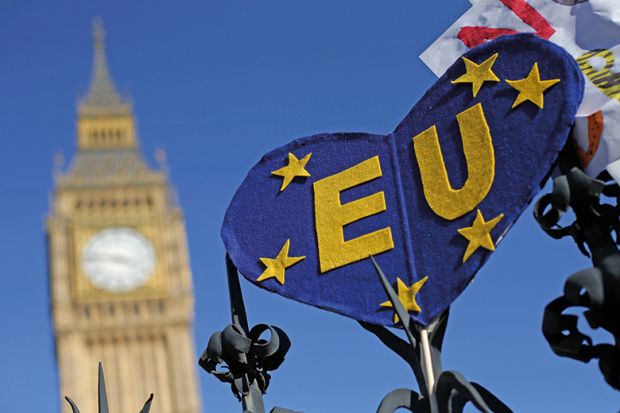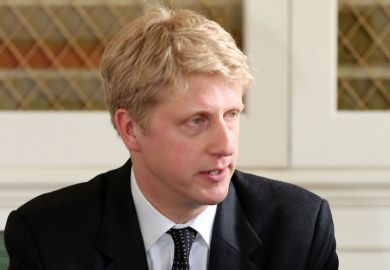A group of Europe’s most influential university leaders has issued a statement calling on governments across the continent to give urgent clarification on the implications of Brexit for higher education.
The letter, signed by 22 representative organisations of universities and national rectors’ conferences, asks ministers to speed up negotiations ahead of Britain’s departure from the European Union, and offer reassurance over Horizon 2020 applications.
“Higher education, research and innovation are critical to the future of Europe,” the statement reads. “Conditions favourable to close cooperation and exchange are crucial to knowledge development in the interests of our societies.”
“Universities call on the leaders of our respective governments and on the European Commission to accelerate the process of reaching agreement on the UK’s continued participation in, and contribution to, Horizon 2020 and Erasmus+ to the end of these programmes,” it continues. “Clarification is now urgent: European consortia are already being formed and bids designed ready to be submitted after March 2019.”
Research and higher education is due to be discussed once the first phase of Brexit negotiations draws to a close, however the European Council summit concluded this week that not enough progress had been made to start the second phase.
Signing the statement alongside other members of the European University Association, Janet Beer, president of Universities UK, said that the delay in negotiations is already causing problems for universities.
“We are now entering the period in which universities need to be finalising their research, collaboration and student exchange programmes for 2019,” she said. “There is an urgent need for clarity on the UK’s participation in Horizon 2020 beyond Brexit. This scheme enhances the impact of our research by providing access to vital networks, talent and funding. Without clarity, the risk is that important European research programmes could stall.”
Earlier this month, universities and science minister Jo Johnson said that the UK government was considering extending the post-Brexit financial support promised for research projects such as Horizon 2020, but the suggestion is yet to be confirmed.
University leaders also urge ministers to ensure that freedom of movement is retained for staff and students following the UK’s departure from the EU, as well as protection for study abroad programmes such as Erasmus+.
“The time has come for clarity and agreement in this important area,” the statement continues. “Universities must know which, if any, measures they need to undertake in the future to enable their students to thrive and their researchers to continue their innovative research. We urge you to address these pressing issues.”
Earlier this month the Home Office confirmed that under current proposals, academics from European Union countries could lose their right to remain in the UK after Brexit if they spend time abroad for research.
Thousands could be affected by the change, with non-UK EU nationals currently making up 17 per cent of academic staff at UK universities.
Register to continue
Why register?
- Registration is free and only takes a moment
- Once registered, you can read 3 articles a month
- Sign up for our newsletter
Subscribe
Or subscribe for unlimited access to:
- Unlimited access to news, views, insights & reviews
- Digital editions
- Digital access to THE’s university and college rankings analysis
Already registered or a current subscriber?







